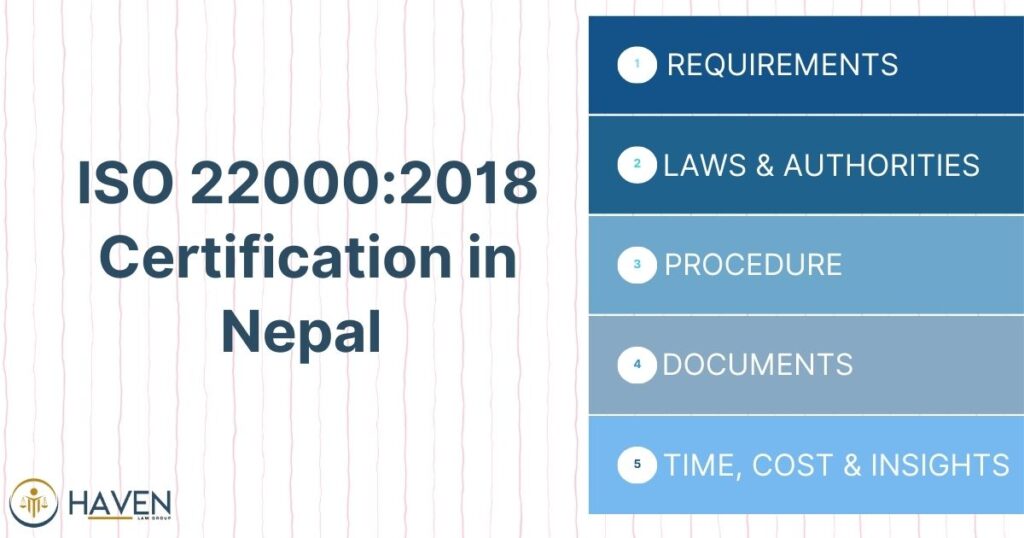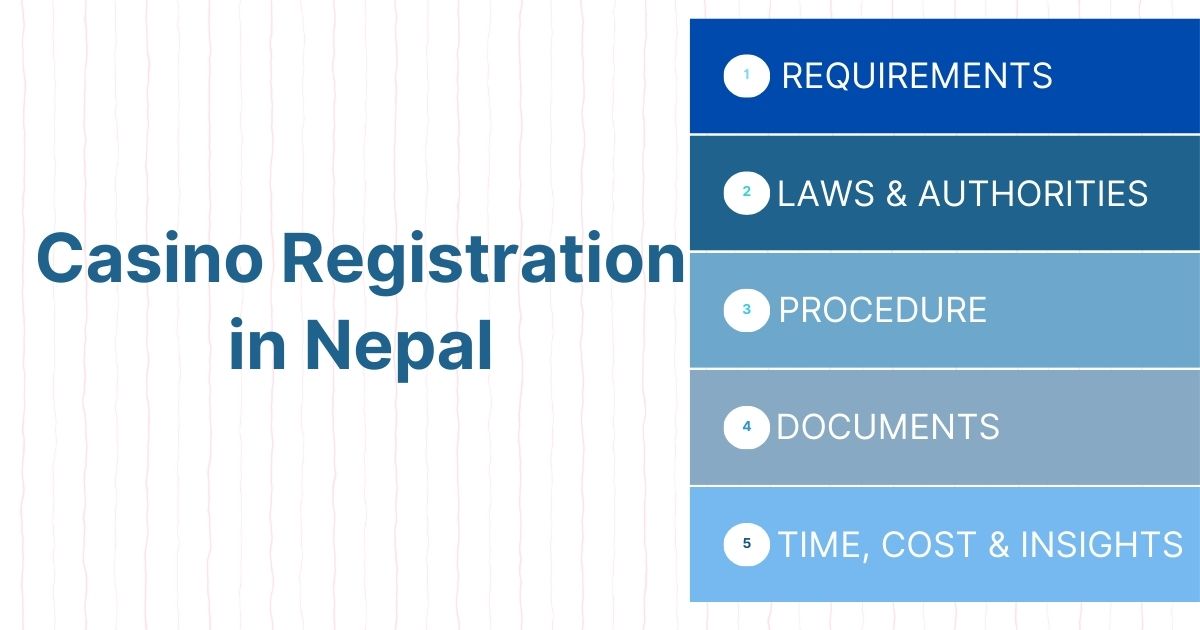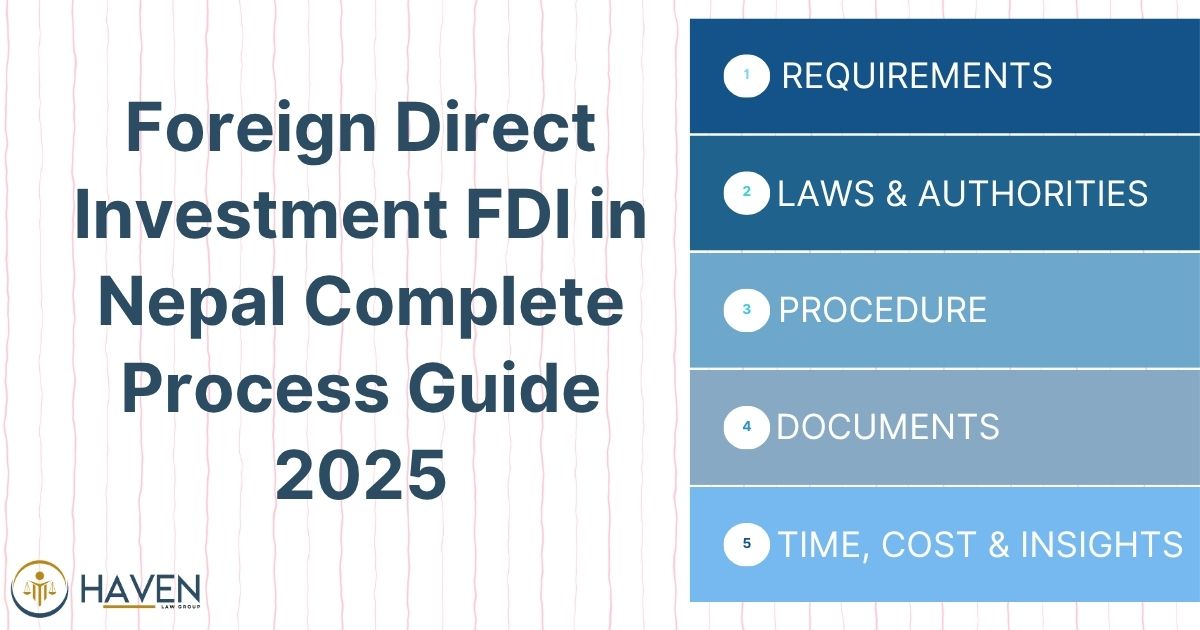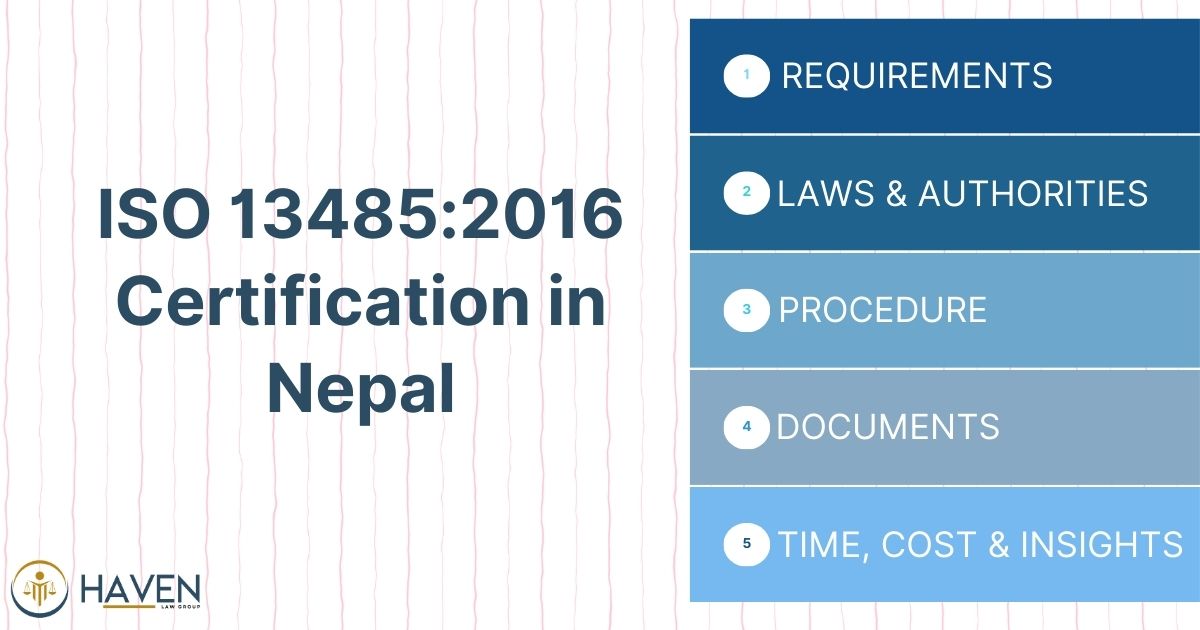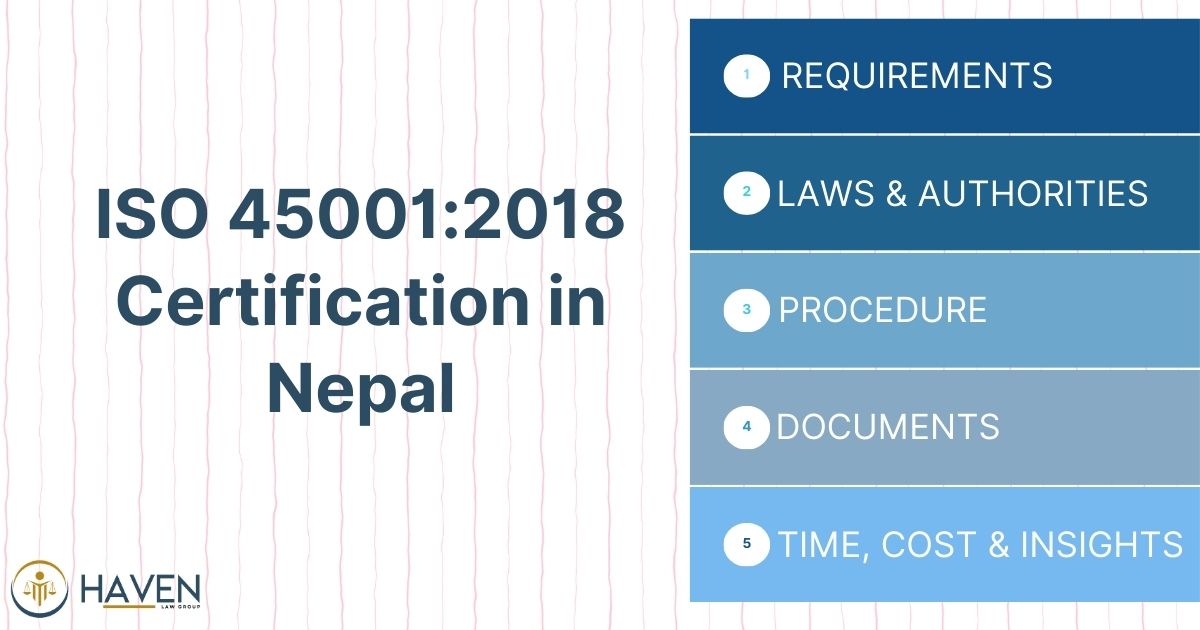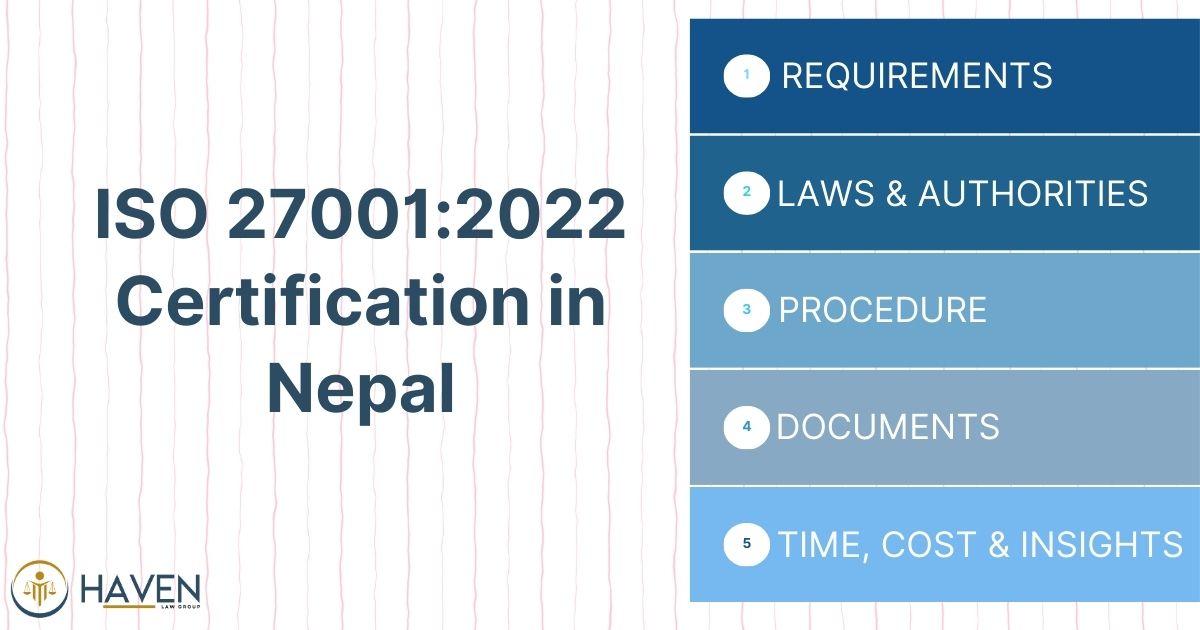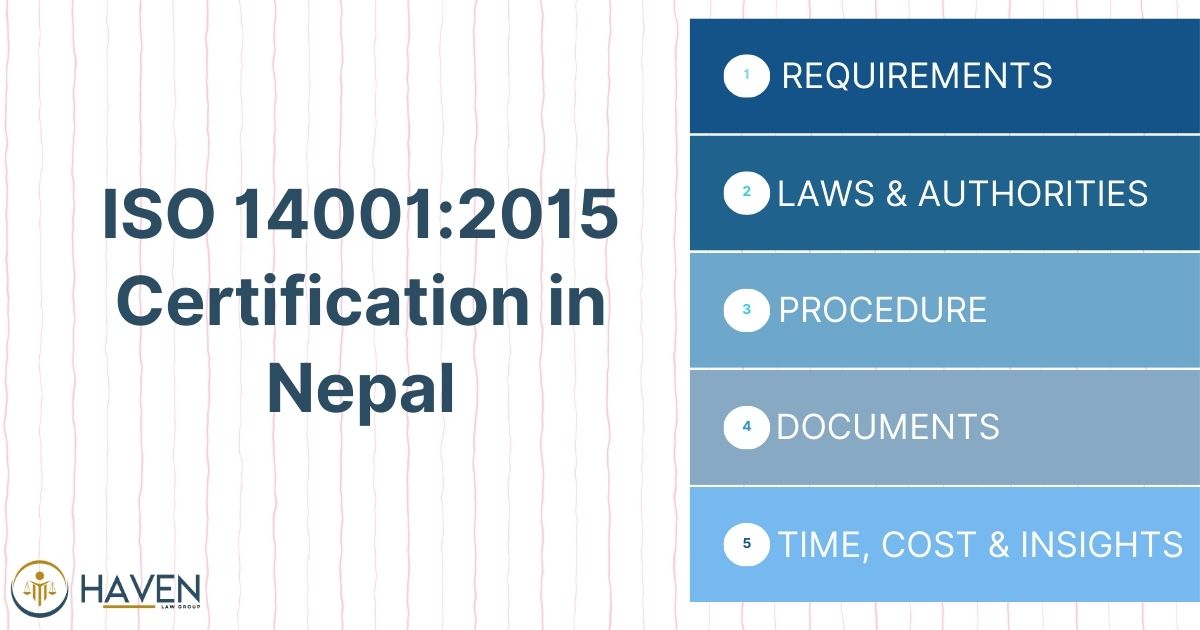Introduction
Food safety is a global concern, and in a country like Nepal—where agriculture, hospitality, and food industries contribute significantly to the economy—ensuring the safety and quality of food is a priority. One of the most recognized standards that guarantees food safety management is ISO 22000:2018 Certification.
ISO 22000:2018 Certification in Nepal is crucial for food safety in the agricultural and hospitality sectors.
By achieving ISO 22000:2018 Certification in Nepal, organizations can foster a culture of quality assurance.
Every business in Nepal can leverage ISO 22000:2018 Certification in Nepal to enhance operational standards.
This certification demonstrates that an organization has established a strong Food Safety Management System (FSMS) that meets international standards. Whether you are a food manufacturer, hotel, restaurant, packaging company, or supply chain operator in Nepal, ISO 22000:2018 can help you build consumer trust, comply with regulations, and expand to international markets.
Implementing ISO 22000:2018 Certification in Nepal ensures that food safety practices are uniformly applied.
Compliance with ISO 22000:2018 Certification in Nepal leads to consistent food safety outcomes.
Achieving ISO 22000:2018 Certification in Nepal is essential for gaining consumer confidence.
In this article, we will cover everything you need to know about ISO 22000:2018 Certification in Nepal, including its requirements, benefits, process, cost, and why it is essential for food-related businesses.
ISO 22000:2018 Certification in Nepal also enhances brand image and marketability.
Organizations striving for excellence must consider ISO 22000:2018 Certification in Nepal.
The pathway to ISO 22000:2018 Certification in Nepal includes thorough risk assessments.
What is ISO 22000:2018 Certification?
ISO 22000:2018 is an international standard developed by the International Organization for Standardization (ISO). It specifies the requirements for a Food Safety Management System (FSMS) that enables organizations to consistently provide safe food products.
Achieving ISO 22000:2018 Certification in Nepal not only improves safety but also efficiency.
This standard is built on the principles of Hazard Analysis and Critical Control Points (HACCP), Good Manufacturing Practices (GMP), and the Plan-Do-Check-Act (PDCA) cycle. It ensures that all risks related to food safety are identified, controlled, and monitored throughout the supply chain—from farm to fork.
ISO 22000:2018 Certification in Nepal is becoming a benchmark for quality assurance.
Organizations are recognizing the importance of ISO 22000:2018 Certification in Nepal for global trade.
ISO 22000:2018 Certification in Nepal enhances overall operational performance.
Key highlights of ISO 22000:2018:
- Applicable to any organization in the food chain (producers, processors, distributors, retailers, and service providers).
- Focuses on proactive risk management rather than reactive measures.
- Integrates food safety into overall business management systems.
- Enhances compliance with local and international food regulations.
Importance of ISO 22000:2018 Certification in Nepal
Nepal’s food industry is growing rapidly, with increasing demand for safe, high-quality products in domestic and international markets. From packaged foods and dairy to hotels and restaurants, businesses face challenges related to foodborne illnesses, hygiene, supply chain risks, and regulatory compliance.
ISO 22000:2018 certification is vital in Nepal for several reasons:
- Growing Food Industry – Hotels, restaurants, agro-based industries, and export-oriented companies need certification to compete globally.
- Consumer Awareness – Nepali consumers are becoming more conscious of food quality and hygiene.
- Export Competitiveness – Many international buyers require food safety certifications before importing goods.
- Regulatory Compliance – Supports businesses in aligning with Nepal’s Department of Food Technology and Quality Control (DFTQC) regulations.
- Tourism Industry Needs – With Nepal being a top travel destination, hotels and restaurants must comply with food safety standards to maintain reputation.
Who Can Apply for ISO 22000:2018 in Nepal?
ISO 22000:2018 applies to all organizations in the food supply chain, including but not limited to:
- Primary Producers: Farmers, fisheries, and livestock businesses.
- Food Manufacturers & Processors: Dairy, bakery, beverages, packaged foods, spices, and edible oils.
- Storage & Distribution Units: Warehouses, cold storage facilities, and logistics providers.
- Hotels & Restaurants: Hospitality businesses catering to domestic and international tourists.
- Food Packaging & Material Suppliers: Packaging companies dealing with containers, plastics, and food-grade materials.
- Retailers & Wholesalers: Supermarkets and distributors of food products.
- Catering & Service Providers: Event catering, airlines, and institutional food services.
Benefits of ISO 22000:2018 Certification in Nepal
Obtaining ISO 22000:2018 certification provides multiple benefits for businesses in Nepal:
1. Food Safety & Risk Control
- Identifies potential hazards in food production and supply chain.
- Implements effective preventive measures to reduce risks.
Successful implementation of ISO 22000:2018 Certification in Nepal requires commitment and diligence.
2. Consumer Trust & Confidence
- Certification assures customers that your food products are safe and reliable.
- Enhances brand reputation in the competitive Nepali market.
3. Market Access & Export Opportunities
- Helps Nepali businesses enter international markets with globally accepted certification.
- Meets buyer requirements in countries with strict food safety laws.
4. Legal & Regulatory Compliance
- Supports compliance with Nepal’s Food Act, 1967 and DFTQC requirements.
- Reduces chances of penalties, product recalls, or shutdowns.
5. Operational Efficiency
- Streamlines processes through FSMS integration.
- Reduces wastage, improves resource management, and boosts profitability.
6. Employee Awareness & Training
- Improves staff understanding of hygiene and safety practices.
- Builds a culture of responsibility and accountability.
7. Competitive Advantage
- Differentiates certified companies from uncertified competitors.
- Increases chances of securing large contracts with hotels, airlines, and international buyers.
ISO 22000:2018 Certification Process in Nepal
The certification process in Nepal generally involves the following steps:
1. Gap Analysis
- Assess current food safety practices.
- Identify areas that need improvement to meet ISO 22000:2018 standards.
2. Documentation & FSMS Development
- Develop a Food Safety Management System (FSMS) including HACCP plans, policies, and procedures.
- Document risk assessments, process flows, hygiene practices, and control measures.
3. Implementation & Training
- Train employees on FSMS policies and procedures.
- Implement food safety controls across operations.
4. Internal Audit & Management Review
- Conduct an internal audit to evaluate compliance.
- Review management practices to ensure effectiveness.
5. Pre-Certification Audit
- Engage a certification body for a preliminary audit.
- Correct any non-conformities found.
6. Final Certification Audit
- Accredited certification body conducts Stage 1 & Stage 2 audits.
- Upon successful completion, ISO 22000:2018 certificate is issued.
7. Surveillance Audits
- Annual audits are conducted to ensure ongoing compliance.
- Certification is valid for three years, subject to surveillance audits.
Cost of ISO 22000:2018 Certification in Nepal
The cost of ISO 22000:2018 certification in Nepal depends on various factors, such as:
- Size of the organization
- Number of employees
- Complexity of food operations
- Scope of certification (single site or multiple sites)
- Certification body selected
On average, the cost ranges from NPR 60,000 to NPR 200,000 for small to medium-sized organizations. Larger enterprises with multiple locations may incur higher costs.
ISO 22000:2018 vs. Other Food Safety Standards
Ultimately, ISO 22000:2018 Certification in Nepal reflects a commitment to food safety excellence.
| Standard | Focus Area | Applicability |
|---|---|---|
| ISO 22000:2018 | Comprehensive Food Safety Management System | All food chain organizations worldwide |
| HACCP | Hazard Analysis & Critical Control Points | Food manufacturers and processors |
| GMP | Good Manufacturing Practices | Food production facilities |
| FSSC 22000 | Food Safety System Certification (ISO + sector) | Large-scale global food supply chains |
Role of Certification Bodies in Nepal
Certification can only be granted by accredited certification bodies. In Nepal, organizations often collaborate with international or regional certification agencies accredited by IAF (International Accreditation Forum).
Some commonly approached certification providers include:
- Nepal Bureau of Standards and Metrology (NBSM) – government body.
- International certification agencies (SGS, TUV, Bureau Veritas, URS, etc.).
- Local ISO consultants for documentation and training.
Challenges for Nepali Businesses in ISO 22000:2018 Implementation
While certification offers great advantages, businesses in Nepal face certain challenges:
- Limited Awareness – Many small food businesses lack knowledge about international food safety standards.
- Cost Concerns – Small enterprises consider certification as an extra financial burden.
- Infrastructure Issues – Lack of modern equipment and poor hygienic practices create implementation hurdles.
- Skilled Manpower Shortage – Need for trained auditors, consultants, and food safety professionals.
- Regulatory Gaps – Weak enforcement of local food safety laws.
Future of ISO 22000 in Nepal
With growing globalization and rising food safety concerns, ISO 22000 certification will play a crucial role in Nepal’s future food industry. Key trends include:
- Increasing demand from export-oriented companies.
- More hotels and restaurants adopting certification due to tourism growth.
- Rising consumer expectations for safe packaged foods.
- Government initiatives encouraging food industries to adopt international standards.
Conclusion
ISO 22000:2018 Certification in Nepal is not just about compliance—it is about building a reliable, safe, and sustainable food industry. From farmers and manufacturers to hotels and exporters, every organization in the food chain can benefit from implementing a robust Food Safety Management System (FSMS).
By investing in ISO 22000:2018, Nepali businesses can:
- Ensure food safety,
- Gain consumer trust,
- Access international markets, and
- Strengthen their brand reputation.
In today’s competitive world, where food safety is directly linked to public health and business success, obtaining ISO 22000 certification is no longer optional—it is a necessity.
